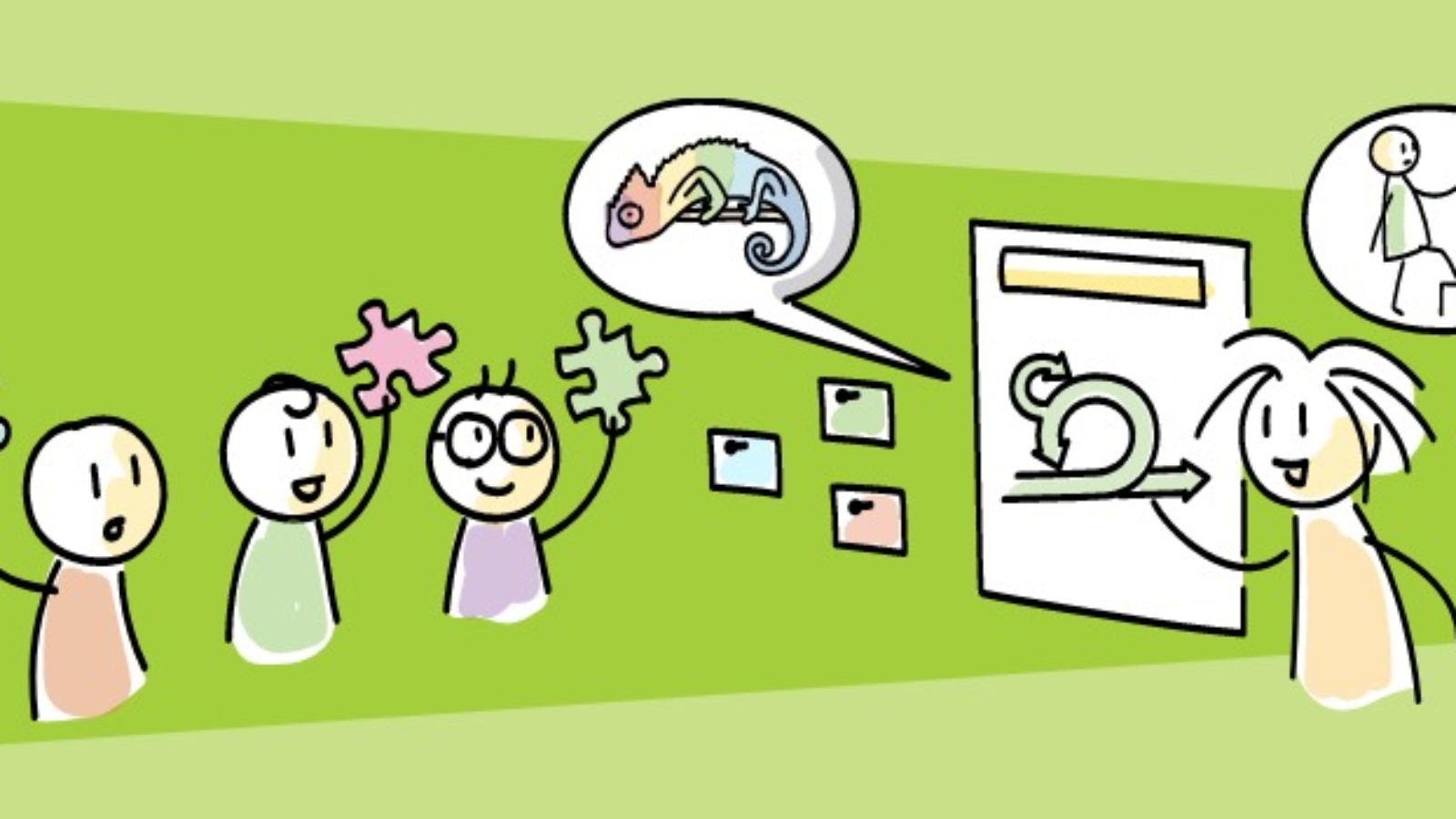In an era defined by constant change and disruption, the traditional paradigms of business are being challenged. The ability to adapt swiftly and decisively is no longer a mere advantage – it’s a prerequisite for survival. This dynamic shift has propelled the concept of agility to the forefront, placing organizations that can navigate uncertainty and complexity in a position of undeniable advantage.
Agility, in essence, represents an organization’s capacity to pivot, adjust, and innovate in response to shifting circumstances. Market trends, customer preferences, and technological breakthroughs can reshape the business landscape in the blink of an eye. Those who can stay ahead of the curve and capitalize on emerging opportunities are the ones that not only endure but flourish.
Agile Principles and Their Impact
Central to this transformative shift is the intricate interplay between Agile methodologies and the guiding principles of coaching. The foundational pillars of collaboration, incremental advancement, and a steadfast commitment to providing tangible customer value have managed to transcend the boundaries of mere programming. What organizations have come to recognize is that Agile is not confined to a set of mechanical practices; rather, it embodies a profound mindset that cultivates both unwavering resilience and an unceasing drive for perpetual enhancement.

The Crucial Role of Coaching
Within this evolving landscape, coaching stands as an essential pillar, adapting and evolving in lockstep with the Agile mindset. Whether manifesting as executive coaching, team guidance, or individual mentorship, its significance has grown manifold. Agile organizations, attuned to the intricate dance between structure and culture, acknowledge that achieving true adaptability demands more than surface-level modifications—it mandates an all-encompassing cultural metamorphosis. It is within this intricate tapestry of change that coaching emerges as an indispensable catalyst, a steady compass guiding the way forward.
Coaching, as a dynamic force, fosters a climate of open dialogue and free-flowing communication. The Agile journey demands constant feedback loops and knowledge sharing, both of which flourish in an environment shaped by coaching principles. Conversations are enriched by empathy, understanding, and an unwavering commitment to collective growth. Just as Agile methodologies are a blueprint for iterative progress, coaching propels individuals and teams towards a state of perpetual self-improvement.
Furthermore, coaching nurtures a profound sense of self-awareness—a cornerstone of successful adaptation. Agile transformations require individuals to identify their strengths, weaknesses, and areas primed for development. Through introspection guided by a coach, employees unearth their latent potential and are empowered to navigate the shifting tides of change. This self-awareness is not confined to technical prowess; it extends to emotional intelligence, which is paramount when traversing the unknown waters of transformation.
Coaching ties a narrative of empowerment together in the vast tapestry of organisational change. It instills in individuals the ability to steer their course, to embrace change not as an adversary but as an ally. By fostering autonomy and a sense of ownership, coaching propels a collective ethos where adaptation becomes second nature. It’s not merely about reacting to change; it’s about actively shaping it.
Workplace Examples
- Tech Titans Embrace Agile: Leading technology companies like Google and Spotify have embraced Agile methodologies and integrated coaching practices to foster innovation. They allocate time for employees to explore new ideas, provide forums for open discussions, and offer coaching sessions to nurture talent.
- Financial Institutions Pave the Way: Even in traditionally conservative sectors like finance, organizations are leveraging Agile principles with coaching to stay competitive. By incorporating coaching into leadership development programs, these institutions ensure their leaders can steer teams through ambiguity.
- Manufacturing’s Agile Transformation: Manufacturing giants are embracing Agile not only in their production processes but also in their organizational structures. Through coaching, they enable employees at all levels to be change advocates, facilitating the swift adoption of new technologies and practices.
The Way Forward
In the era of volatility, uncertainty, complexity, and ambiguity (VUCA), organizations must cultivate the ability to adapt rapidly. Agile methodologies provide the framework for this transformation, and coaching acts as the catalyst. This fusion equips individuals and teams with the skills and resilience needed to navigate the unknown, turning challenges into opportunities and uncertainties into triumphs.
Ready to embark on your organization’s Agile journey with the support of coaching? Explore #Auxano’s coaching services and discover how we can guide you through the process of adapting to change and thriving in the face of uncertainty.
As organizations continue to navigate the evolving landscape, the integration of Agile methodologies and coaching practices will remain a powerful strategy to drive innovation, enhance flexibility, and foster lasting success.
As you embark on your organization’s journey of change, consider integrating coaching into your strategy. Reach out to Auxano consulting for experienced coaches and experts who can help tailor coaching programs to your specific needs. Embrace the Agile Coaching mindset and set your organization on a trajectory of sustainable growth, resilience, and success.
Feel free to connect with Linnet Dave, Auxano’s Director and Executive coach on linnet@auxano-consulting.com or connect with her at +919820668179 for any queries on the subject and if you need to get a customized learning Intervention done for your organization.
Written by Vineeta, Image sources: http://www.agile42.com; http://clickup.com

